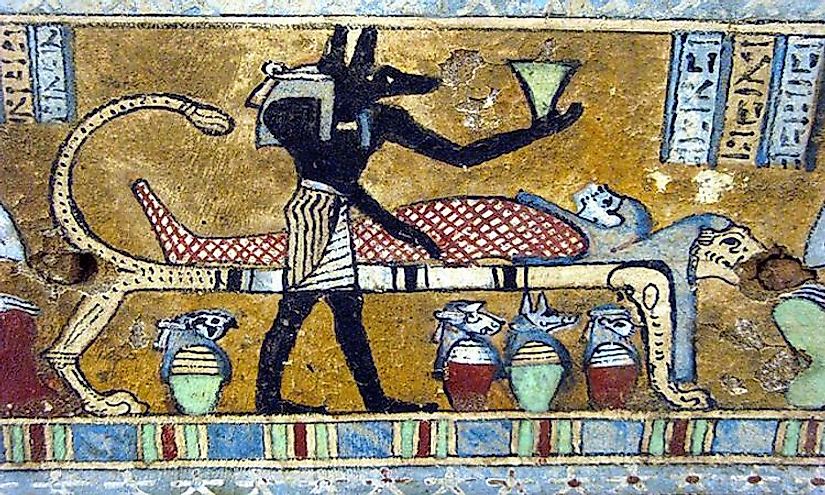About 3 000 years ago most egyptians died by the time they were 30

About 3,000 years ago, most Egyptians died by the time they were 30.

A recent study suggests that about 3,000 years ago, most Egyptians had remarkably short lifespans, with the majority dying by the time they reached the age of 30. This finding challenges the commonly held belief that individuals living in ancient civilizations had longevity comparable to that of modern humans.
The study, published in The Lancet, analyzed data from human remains spanning numerous dynasties, dating from approximately 1380 BCE to 364 BCE. Researchers studied the skeletal remains for insights into age at death, health, and causes of mortality of ancient Egyptians.
Contrary to popular assumptions, the research revealed that life expectancy in ancient Egypt was strikingly low. On average, individuals were dying at a remarkably young age. It demonstrated that while some Egyptians might have lived into their 50s or 60s, a significant number would not survive past infancy or early childhood.

Several factors contributed to this significantly reduced lifespan in ancient Egypt. One of the primary causes was the prevalence of infectious diseases. Limited medical knowledge and lack of effective treatments meant that infections spread easily and could quickly become fatal. Poor sanitation, overcrowding, and malnutrition further amplified the impact of diseases.
Moreover, the lives of ancient Egyptians were physically demanding, which could have resulted in premature aging and increased susceptibility to illness. A vast majority of the population engaged in manual labor, working in agriculture, construction, or as artisans. Continuous exposure to the harsh environment, labor-intensive tasks, and the absence of proper safety precautions could have resulted in frequent accidents and injuries, further compromising their health.
Additionally, inadequate nutrition played a significant role in the high mortality rate. The staple diet of ancient Egyptians primarily consisted of grains, with only a limited intake of protein and essential nutrients. This insufficient nutritional intake would have impaired immune systems, making individuals more vulnerable to diseases and ultimately reducing their lifespan.
It is important to note that this study serves as a significant reminder of the challenges and limitations faced by individuals living in ancient civilizations. The findings shine a light on the harsh realities of life during that time, emphasizing the stark contrast between ancient and modern lifespans.
While medical advancements and improved living conditions have significantly extended human lifespans today, acknowledging the struggles and hardships of our ancestors helps us appreciate the progress made in our understanding of healthcare and the opportunities for a longer and healthier life.
Related Posts
Quick Links
Legal Stuff

